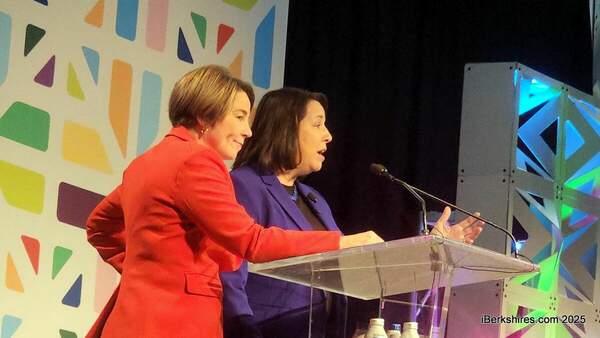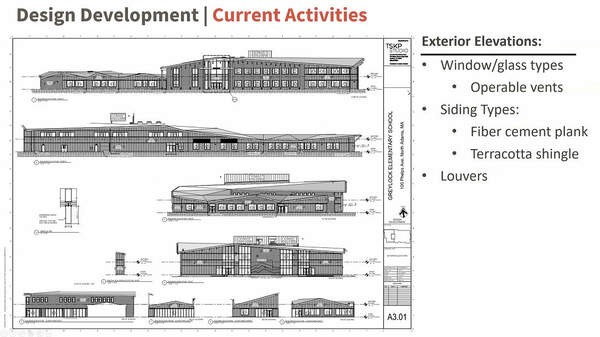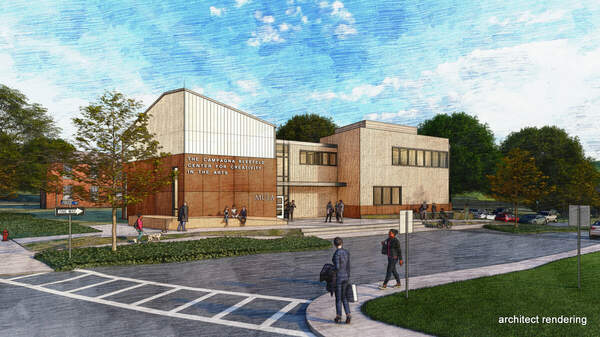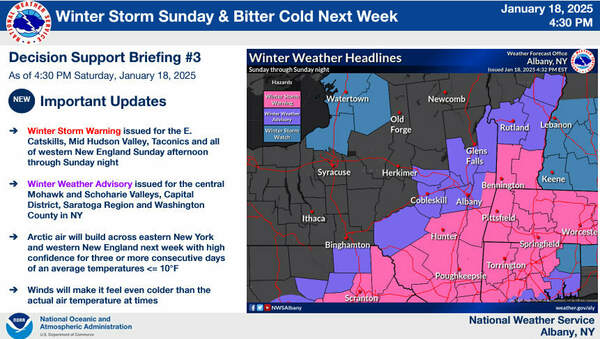
Budget Numbers Bad News for Cities, Towns
 |
Gov. Deval Patrick released figures on Wednesday to close a $1.1 billion budget gap for 2009 that includes $128 million in local aid cuts and his $28 billion fiscal 2010 budget, which includes $375 million in cuts to local aid.
The governor is hoping to alleviate some of that pain by raising rooms and restaurant taxes by 1 percent each to fund local aid. His office estimates that would reduce the cuts by $150 million next year. Both his budget and midyear cuts included anticipated federal economic stimulus funding that has not yet been passed.
"There were no surprises here," said Mayor John Barrett III, who had predicted the city could lose more than $1.5 million in state funding at a recent City Council meeting. Patrick had announced at the annual Massachusetts Municipal Association on Friday that local aid would be cut 9.74 percent, or a total of $128 million, to close the current budget hole.
The city will take a $538,000 hit now (it pre-emptively sliced $300,000 last fall) and a $1.6 million loss next year — based on the governor's rooms and meals tax proposal being accepted.
Barrett described its passage as a "done deal." Williamstown Town Manager Peter Fohlin, who is seeing his community cut $115,793 now, is less sanguine about the Legislature's willingness to raise taxes.
His concern is that instead, the Legislature will OK the twin proposal to allow cities and towns to also raise revenue through a local 1 percent tax on rooms and meals. Patrick had tried to get the provision in his Municipal Partnership Act two years ago without luck. The state restaurant association has vowed to fight the increase.
The Legislatures could "toss the burden to local elected officials and town meetings to impose the tax on their hometown businesses," wrote Fohlin, setting competition between neighboring communities. Without the estimated state meals/rooms tax revenue, the town will lose more than $310,000 in local aid out of next year's budget. Worse, neither plan could pass, deepening the cuts even further.
| To make it easier on our readers, we have uploaded some of the state reports to our Scribd account, which does not require Word applications for viewing. The spreadsheet detailing local aid cuts (cherry sheets) for fiscal 2009 can be found here. Estimates of fiscal 2010 state aid for Northern Berkshire and Pittsfield can be found here. (Filed by "Name2010.") State links to Gov. Patrick's recovery plan and 2010 budget. State list of local aid cuts for 2010. Notice of 2009 cuts and link to Excel spreadsheet.(Warning, pdf file.) |
To fend off this second billion-dollar gap, Patrick is planning to cut $63 million in state government spending along with the $128 million in local aid. He plans to withdraw $327 million from the state rainy day fund and is anticipating $533 million in federal bailout money.
To help fund next year's $28 billion budget, he's also asking to eliminate a sales tax exemption on alcohol, candy and sweetened beverages to raise $25 million and expand the bottle bill to recover $20 million from bottled waters, juice, coffee-flavored and sports drinks. Consolidations and reforms could raises tens of millions more.
"The national recession is inflicting serious pain across Massachusetts, from household budgets to the state's balance sheets, and like many residents throughout the commonwealth, we have to make do with less," said Patrick. "At the same time, we also have opportunities. The Economic Recovery Plan leverages reforms and responsible budgeting that could help alleviate the mounting pressure on our communities now and in the future."
Chapter 70 education funds to communities and regional school districts will be funded at this year's level.
Even so, Barrett anticipates moving forward with the closure of Conte Middle School and says layoffs will occur within the School Department. There aren't too many more places to cut, he said.
He's also disappointed that the governor has failed again to tackle charter school funding, which has burdened local budgets. The city is set to lose $400,000 in state help next year toward the Berkshire Arts and Technology Charter Public School.
The city's been struggling with state aid losses for six years, said the mayor, but "I never thought that it would get this bad."
He plans to meet with neighborhood groups over the coming months for input on city priorities and options.
"This is a time in which the community needs to work together," said the mayor. "It's going to mean some sacrifices."
 |
 |















